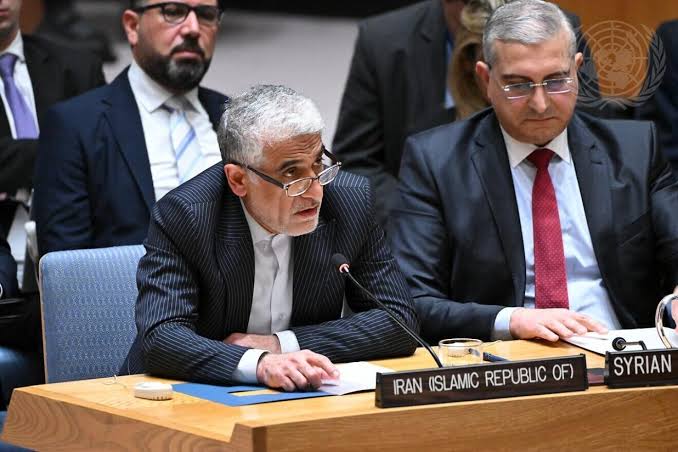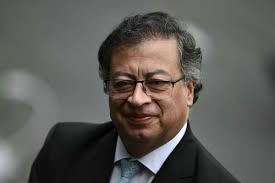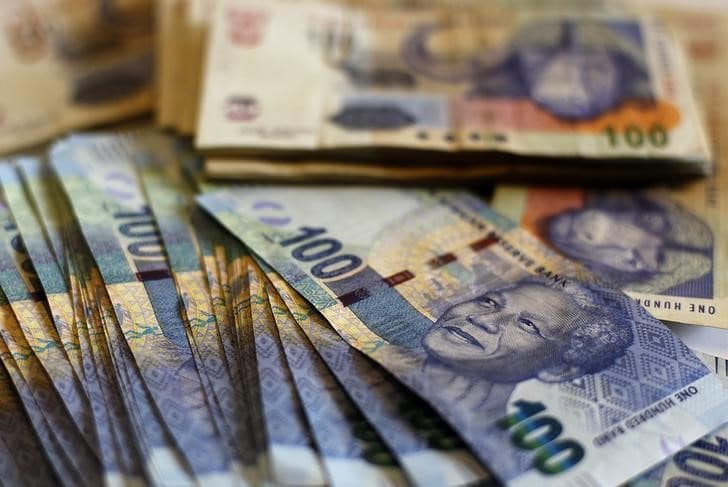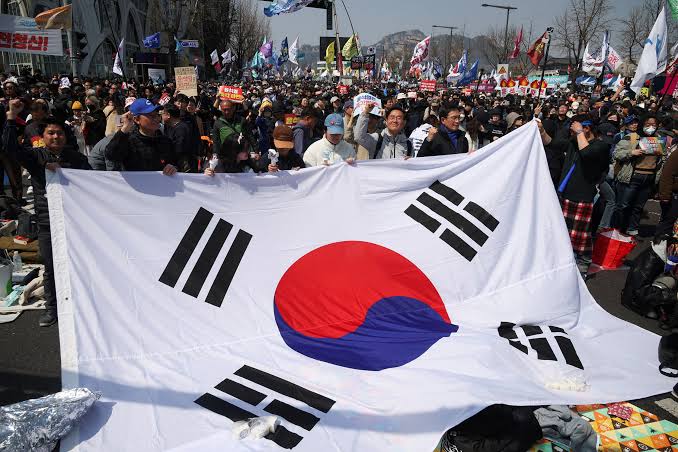Iran formally notified the United Nations on Tuesday regarding what it termed “reckless and inflammatory statements” made by U.S. President Donald Trump, who threatened the potential use of force. Iran cautioned that “any act of aggression will have severe consequences.”
In a letter addressed to the U.N. Security Council, which was reviewed by Reuters, Iran’s U.N. Ambassador Amir Saeid Iravani referred to comments made by Trump during interviews with the New York Post and Fox News. In these discussions, Trump indicated a preference for negotiating a deal to prevent Tehran from acquiring a nuclear weapon rather than resorting to military action.
Iravani asserted that “these reckless and inflammatory statements blatantly contravene international law and the U.N. Charter” in his communication to the 15-member council.
Read more: Major political shake-up in Columbia
He further stated, “The Islamic Republic of Iran warns that any act of aggression will have severe consequences, for which the U.S. will bear full responsibility.” He emphasized that Iran will firmly protect its sovereignty, territorial integrity, and national interests against any hostile actions.
Last week, Trump reinstated his “maximum pressure” campaign against Iran, aiming to reduce its oil exports to zero in an effort to prevent Tehran from developing a nuclear weapon. He also expressed openness to negotiations and a willingness to engage with Iran’s President Masoud Pezeshkian.
On Monday, Pezeshkian questioned the sincerity of the United States, while Iravani noted in his letter that U.S. policy “reinforces unlawful, unilateral coercive measures and escalates hostility against Iran.”
Iravani called on the U.N. Security Council to denounce Trump’s “brazen rhetoric.”
Iran has consistently denied any intention to develop a nuclear weapon. However, it is reportedly “dramatically” increasing its uranium enrichment to levels of up to 60% purity, which is close to the approximately 90% threshold considered weapons-grade, as indicated by the U.N. nuclear watchdog chief in December.





